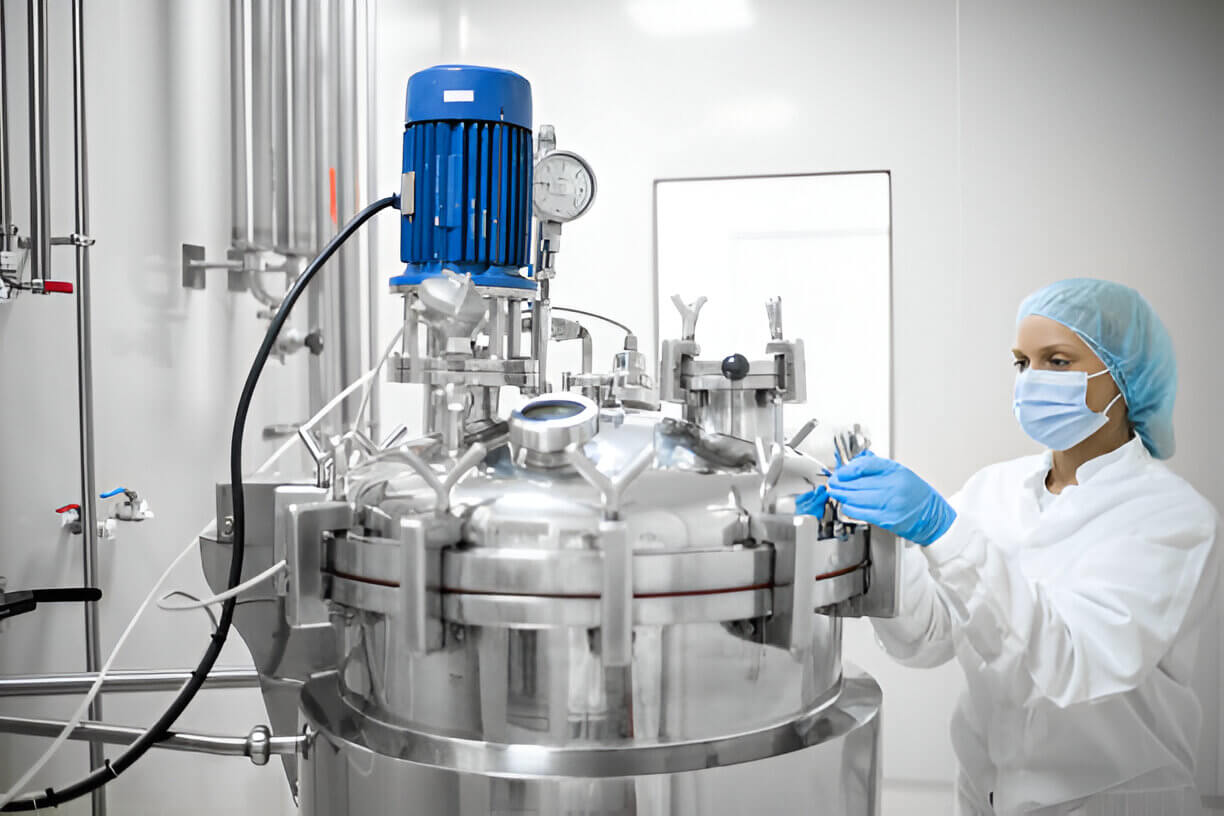The pharmaceutical industry is one of the most critical sectors globally, driving innovations in healthcare, advancing life sciences, and improving patient outcomes. From groundbreaking vaccines to life-saving treatments, pharmaceutical professionals play a vital role in shaping the future of medicine. Succeeding in this dynamic field requires a blend of knowledge, strategic skills, and adaptability.
Education and Skills Needed for the Pharmaceutical Industry
Academic Qualifications
Your educational foundation is essential for a career in the pharmaceutical industry. Most professionals hold at least a bachelor’s degree in pharmacy, chemistry, biochemistry, or related fields. Advanced degrees, such as a master’s in pharmaceutical sciences or even a doctorate (Ph.D.), are often preferred for research-oriented roles.
If your interests lean towards the business side, an MBA with a focus on healthcare or pharmaceuticals can be a game-changer. These programs often cover industry-specific management practices, equipping you with the tools to excel in roles ranging from product development to marketing.
Technical and Soft Skills
Success in the pharmaceutical sector requires a mix of technical expertise and soft skills:
- Analytical Thinking: Being able to interpret data, identify patterns, and make informed decisions is crucial in this data-driven industry.
- Attention to Detail: Whether it’s creating formulations or ensuring compliance with regulations, precision is essential.
- Communication Skills: From explaining research findings to pitching ideas, clear and persuasive communication can set you apart.
- Adaptability: The pharmaceutical landscape changes rapidly due to scientific breakthroughs and regulatory adjustments. Staying adaptable is non-negotiable.
Enhancing your skill set through certifications, such as regulatory affairs or clinical research, can also widen your career prospects.
Networking in the Pharmaceutical Industry
Connections matter in almost every industry, and the pharmaceutical field is no exception. Building a strong network can open doors to mentorship, collaborations, and job opportunities.
How to Build Your Network
- Start Early in Your Career: Attend conferences like those hosted by the Drug Information Association (DIA) or BIO International. They’re excellent platforms to meet influential professionals.
- Leverage LinkedIn: Join specific groups within the pharmaceutical and life sciences sectors and engage in meaningful discussions to showcase your expertise.
- Join Professional Associations: Memberships in organizations like the American Association of Pharmaceutical Scientists (AAPS) provide networking opportunities and resources for professional development.
- Workplace Relationships: Don’t underestimate the importance of fostering strong relationships with your colleagues and supervisors, as they can become lifelong connections.
Networking is not just about meeting people; it’s about offering value and building authentic, long-lasting relationships.
Staying Updated on Industry Trends
The pharmaceutical industry never stands still. From advancements in biotechnology to artificial intelligence-driven drug discovery, staying ahead of trends is crucial for both career and organizational success.
How to Stay Current
- Read Industry Journals: Resources like the “Journal of Pharmaceutical Sciences” and “Pharmaceutical Executive” are packed with valuable insights.
- Attend Webinars and Workshops: Virtual events are a great way to gather knowledge without traveling.
- Follow Regulatory Updates: Regulatory landscapes, such as those from the FDA or EMA (European Medicines Agency), shape how pharmaceuticals are developed, manufactured, and marketed.
- Partnering with Professionals: Professionals in the life science consulting niche are often at the forefront of industry innovations, offering valuable expertise in strategy and problem-solving.
By keeping yourself informed, you’ll be better equipped to anticipate changes and adapt to new demands.
Diverse Career Paths in the Pharmaceutical Industry
The pharmaceutical sector offers numerous career tracks, each with unique growth opportunities. Understanding the options can help you find the perfect fit for your skills and passions.
Popular Career Choices
- Research and Development (R&D): Ideal for those with a passion for science, R&D involves formulating, testing, and refining drugs.
- Regulatory Affairs: Ensuring compliance with government and industry norms is critical for getting products to market.
- Pharmaceutical Sales and Marketing: For professionals with strong interpersonal skills, this path involves educating healthcare providers about new products.
- Manufacturing and Quality Control: Overseeing production quality ensures the safety and efficacy of medications.
- Clinical Trials Management: Facilitating the process of testing new drugs is vital to their approval and market readiness.
The key is to identify your strengths and interests to determine where you can make the most impact.
Overcoming Common Challenges in the Pharmaceutical Industry
It’s no secret that the pharmaceutical world comes with its fair share of challenges. Staying successful means developing strategies to address them effectively.
Regulatory Hurdles
Navigating complex regulations can be daunting. Staying informed and collaborating with regulatory experts can ease this burden.
High Competition
The pharmaceutical space is fiercely competitive. Focus on your unique strengths, whether it’s niche expertise or a specific skill set that sets you apart.
Balancing Innovation and Compliance
Balancing cutting-edge innovation while adhering to strict compliance standards requires strategic planning. Ensuring open communication between departments can help strike this balance.
By anticipating and preparing for these challenges, you’ll set yourself up for sustained success. Additionally, you can consider having a third party help you out with certain tasks, for example if you sell nutritional supplements you can always find a private label gummy manufacturer to develop this type of specific product.
Conclusion
Excelling in the pharmaceutical industry requires a combination of education, strategic networking, and adaptability. Continually refine your skills, stay curious about advancements, and seek mentorship and resources to enhance your career.






